'We’ve come to a very unusual inflection point in Canadian political history whereby national security has become a test for leadership,' says security expert Wesley Wark
Get the latest from John Ivison straight to your inbox
Published Oct 18, 2024 • Last updated 0 minutes ago • 4 minute read
In this week’s episode, John Ivison is joined by national security expert Wesley Wark to talk about the public inquiry into foreign interference being held in Ottawa.
Justin Trudeau was the star witness on Wednesday and lobbed a hand grenade into the proceedings when he said he knew the names of Conservative parliamentarians who were engaged in foreign interference. He said he was “bewildered” that Opposition leader Pierre Poilievre has not agreed to seek the necessary security clearance to find out the names himself.
Advertisement 2
THIS CONTENT IS RESERVED FOR SUBSCRIBERS
Enjoy the latest local, national and international news.
- Exclusive articles by Conrad Black, Barbara Kay and others. Plus, special edition NP Platformed and First Reading newsletters and virtual events.
- Unlimited online access to National Post and 15 news sites with one account.
- National Post ePaper, an electronic replica of the print edition to view on any device, share and comment on.
- Daily puzzles including the New York Times Crossword.
- Support local journalism.
SUBSCRIBE FOR MORE ARTICLES
Enjoy the latest local, national and international news.
- Exclusive articles by Conrad Black, Barbara Kay and others. Plus, special edition NP Platformed and First Reading newsletters and virtual events.
- Unlimited online access to National Post and 15 news sites with one account.
- National Post ePaper, an electronic replica of the print edition to view on any device, share and comment on.
- Daily puzzles including the New York Times Crossword.
- Support local journalism.
REGISTER / SIGN IN TO UNLOCK MORE ARTICLES
Create an account or sign in to continue with your reading experience.
- Access articles from across Canada with one account.
- Share your thoughts and join the conversation in the comments.
- Enjoy additional articles per month.
- Get email updates from your favourite authors.
THIS ARTICLE IS FREE TO READ REGISTER TO UNLOCK.
Create an account or sign in to continue with your reading experience.
- Access articles from across Canada with one account
- Share your thoughts and join the conversation in the comments
- Enjoy additional articles per month
- Get email updates from your favourite authors
Article content
Poilievre has said that by agreeing to secret briefings, his hands would be tied and he would not be able to use the information.
But Wark said he found Poilievre’s decision “very odd.”
“To me, it just doesn’t make any sense. I’ve had high level security clearance and I know what you can do and not do with it. It would not prevent him finding ways to use that information without betraying it. That’s part of the day-to-day lives of any officials operating in the public domain who have such clearance. It’s not rocket science to figure out how to do it,” he said.
Wark said Trudeau was trying to provide a contrast with the Opposition leader and demonstrate that he is a responsible statesman who can lead the country through a national security crisis, while Poilievre is not.
“We’ve come to a very unusual inflection point in Canadian political history whereby national security has become a test for leadership. The point of his testimony was not just to defend his record, but to say: ‘I’m the best political leader to govern Canada in a time of turbulence around national and international security’.”
By signing up you consent to receive the above newsletter from Postmedia Network Inc.
Article content
Advertisement 3
Article content
The Conservative response has been to call on Trudeau to name the names of the parliamentarians the National Security and Intelligence Committee of Parliamentarians (NSICOP) said were “witting or semi-witting” accomplices of foreign powers.
Wark said he thinks that would be a terrible idea. “First of all, the identification of MPs who may be involved in some way or another in foreign interference schemes is based on intelligence. It’s not that the intelligence is necessarily unreliable, it’s just that it’s incomplete — it’s not the same as evidence you could present in a court of law.
“The second point is that, if you find some way to name names, the people who are going to be named will be defenceless. They will have no recourse, except to say: ‘I’m innocent’. They wouldn’t be able to prove their innocence because they wouldn’t have access to any of the intelligence that may finger them in some way or another.
“In a democracy, surely, cooler heads could prevail and we would say to ourselves that if there are strong indications of parliamentarians betraying their trust, betraying their oath of office, and when these amount to criminality, you bring them before the courts and you let the courts do their work. That is the way that democracies have to work. And I really find offensive the idea that we should be conducting flagellation in the public square,” he said.
Advertisement 4
Article content
Wark, who has watched the public inquiry unfold daily, said he has not heard anything that would contradict the key finding of the report by special rapporteur David Johnson in May 2023 that there is “no convincing evidence” the prime minister failed to act on recommendations from the security agencies.
“There were really deep criticisms built into his report, particularly around this issue of intelligence going missing in action….He was also very strong on the idea that what any kind of inquiry needs to do is really understand the impact of foreign interference on diaspora communities and that was something he said he was going to really pursue in his stage two, which didn’t happen.
“He won no friends, of course, by saying, ‘I’ve looked at all the media reports based on the leaks, I’ve compared them to the intelligence evidence, and the media reporting is exaggerated’.
“The media didn’t like that, and opposition parties didn’t really believe it, so on we went to a public inquiry. But I think we can see, even in Justice (Marie-Josée) Hogue’s interim report that there is no evidence foreign interference had any serious impact on federal elections in 2019 and 2021.
Advertisement 5
Article content
“There is certainly no evidence to back the conspiracy theory that the Liberal government sat back and let this happen in front of their noses because in some way or another they benefited from it.
“I think what we’ll hear from Justice Hogue in December is that foreign interference is an ongoing threat and there are ways where we can strengthen our resilience to it,” he said.
As far as the statement by NSICOP about the engagement of parliamentarians with foreign interference, Wark said the evidence presented at the public hearings by the Canadian Security Intelligence Service and ministers is that the report “stretched the truth.”
“When CSIS was asked by the public inquiry to go back into its own records and kind of come up with its own appreciation of how many incidents of foreign interference it could identify, they came up with a total of six instances over six years. Is that a serious record? Someone needs to put that in perspective. We need a sort of sober, grounded, objective reflection on just how serious this threat has been in the past. I think the message will be that it’s not as serious as we’ve all taken it to be.”
National Post
Recommended from Editorial
-

John Ivison: Trudeau makes a Liberal attack ad out of foreign interference inquiry
-

John Ivison: Seeds for Liberal revolt against Trudeau planted long ago
Get more deep-dive National Post political coverage and analysis in your inbox with the Political Hack newsletter, where Ottawa bureau chief Stuart Thomson and political analyst Tasha Kheiriddin get at what’s really going on behind the scenes on Parliament Hill every Wednesday and Friday, exclusively for subscribers. Sign up here.
Article content
Get the latest from John Ivison straight to your inbox
.png)
 2 hours ago
5
2 hours ago
5



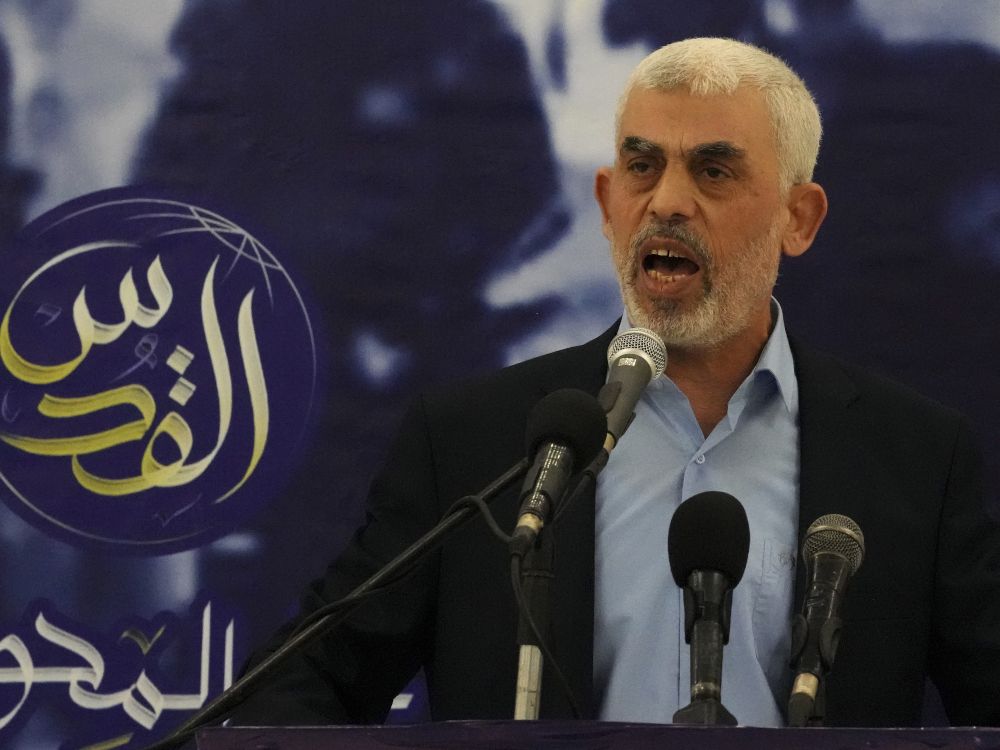
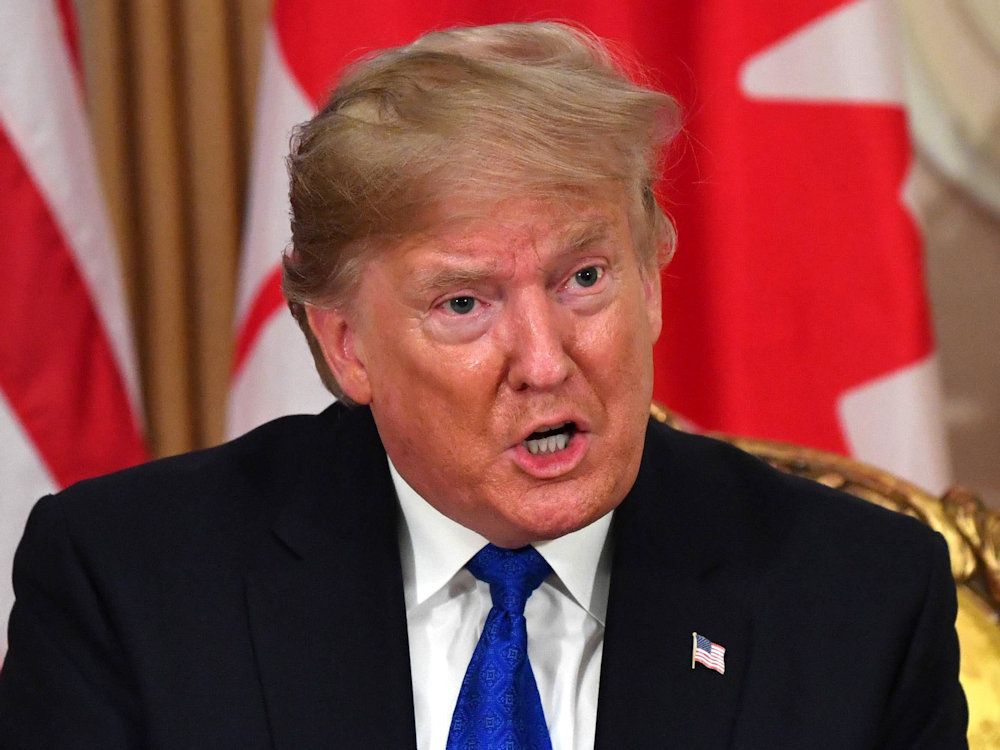


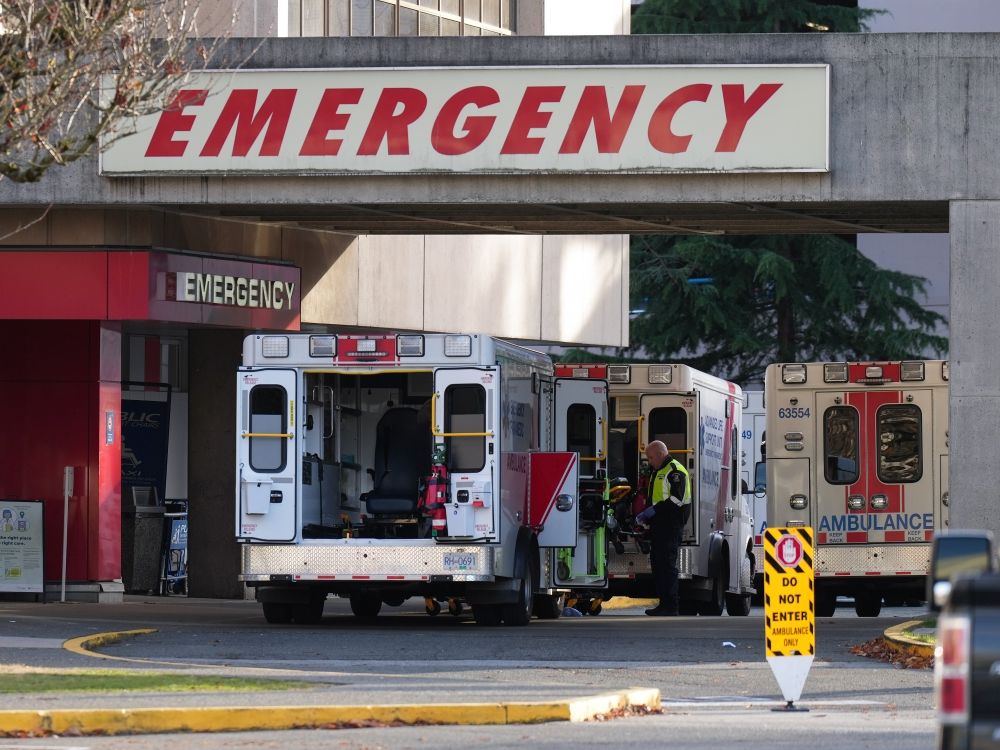
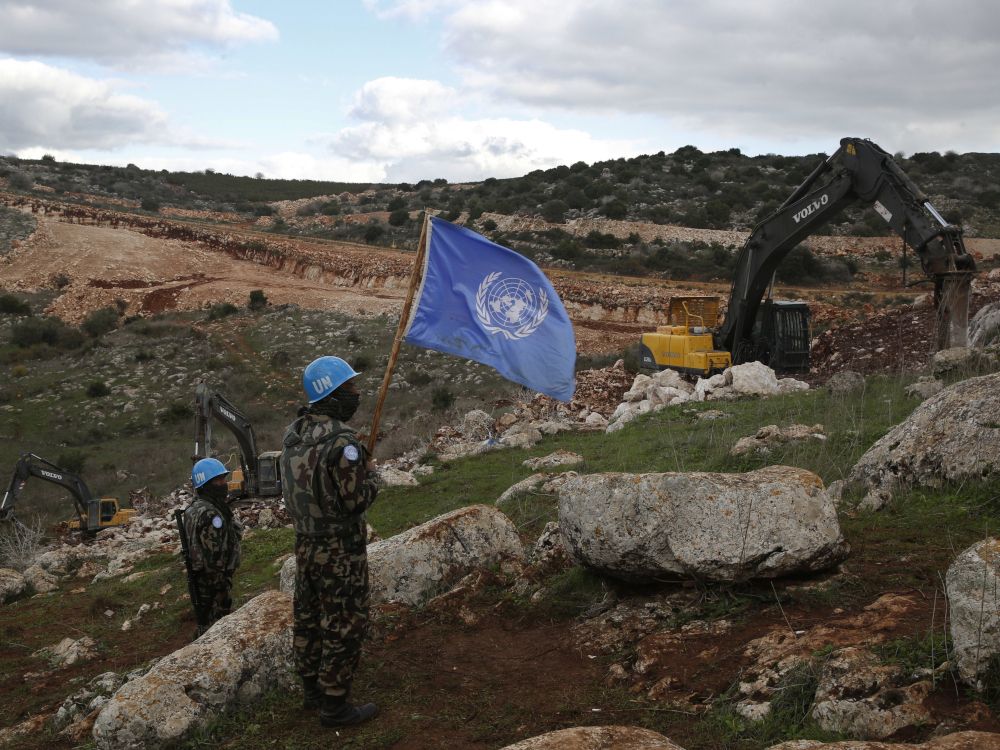
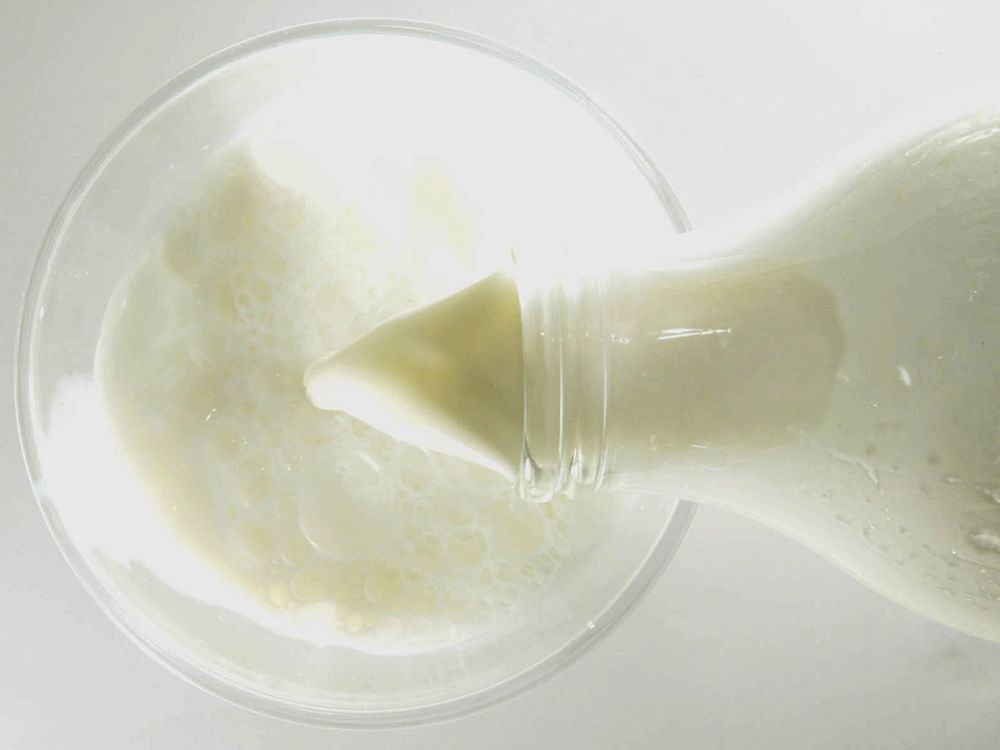
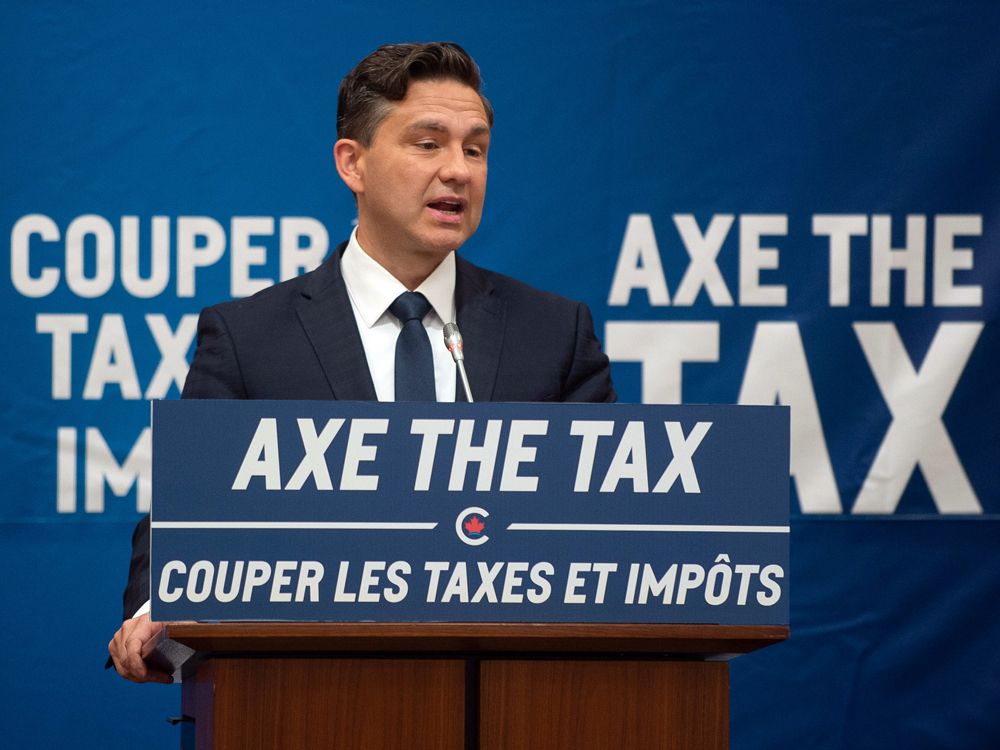
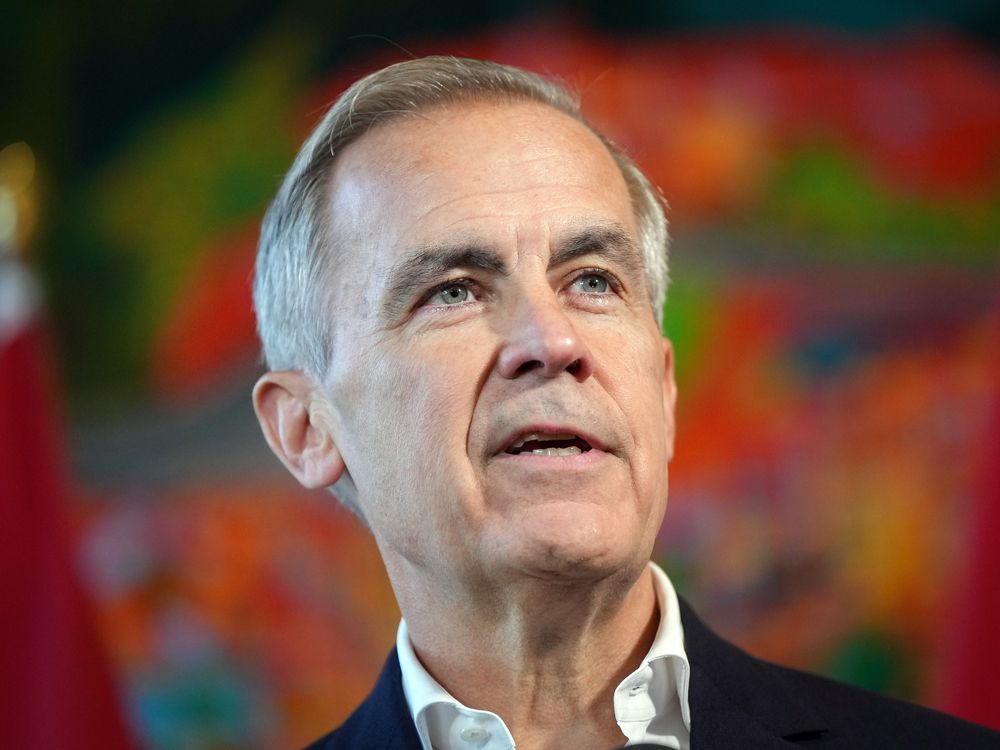
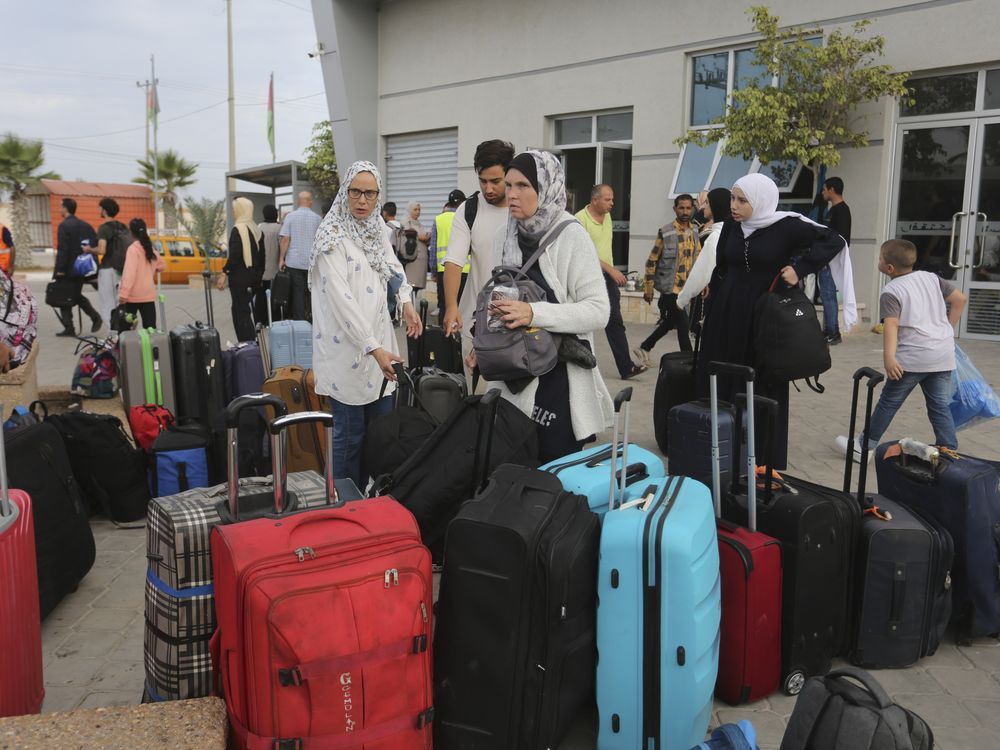
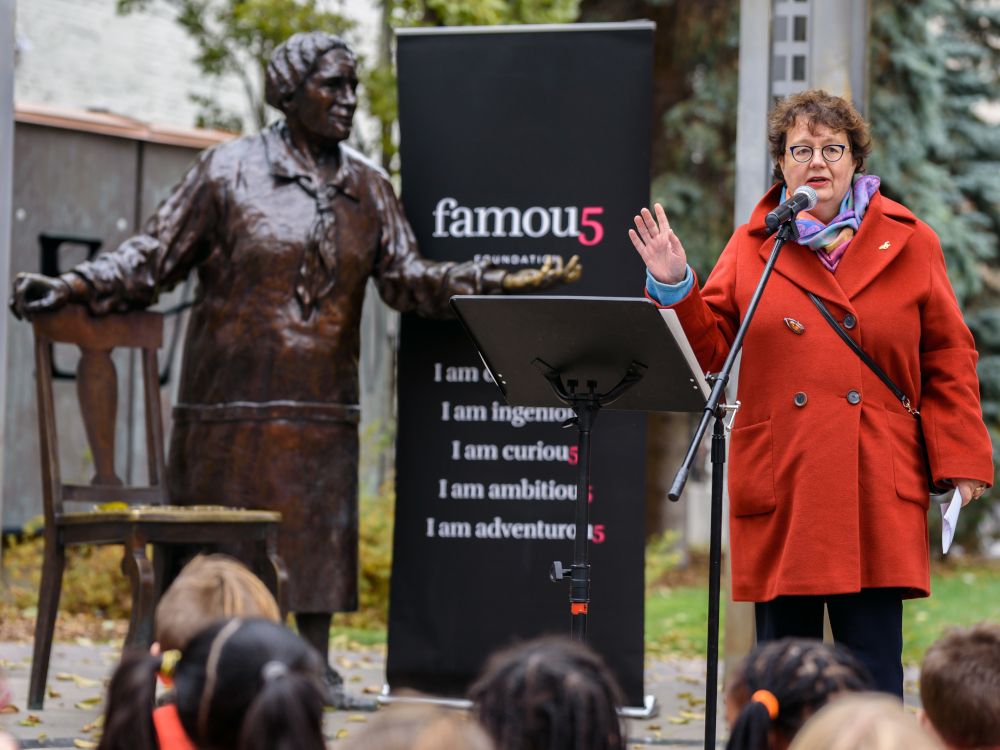












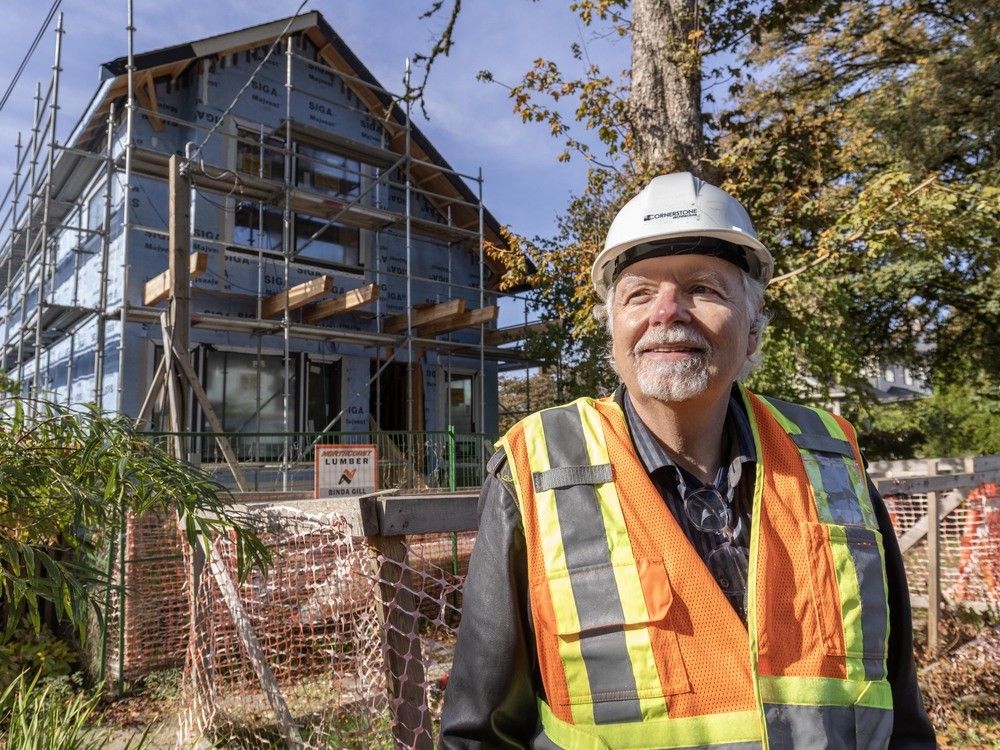
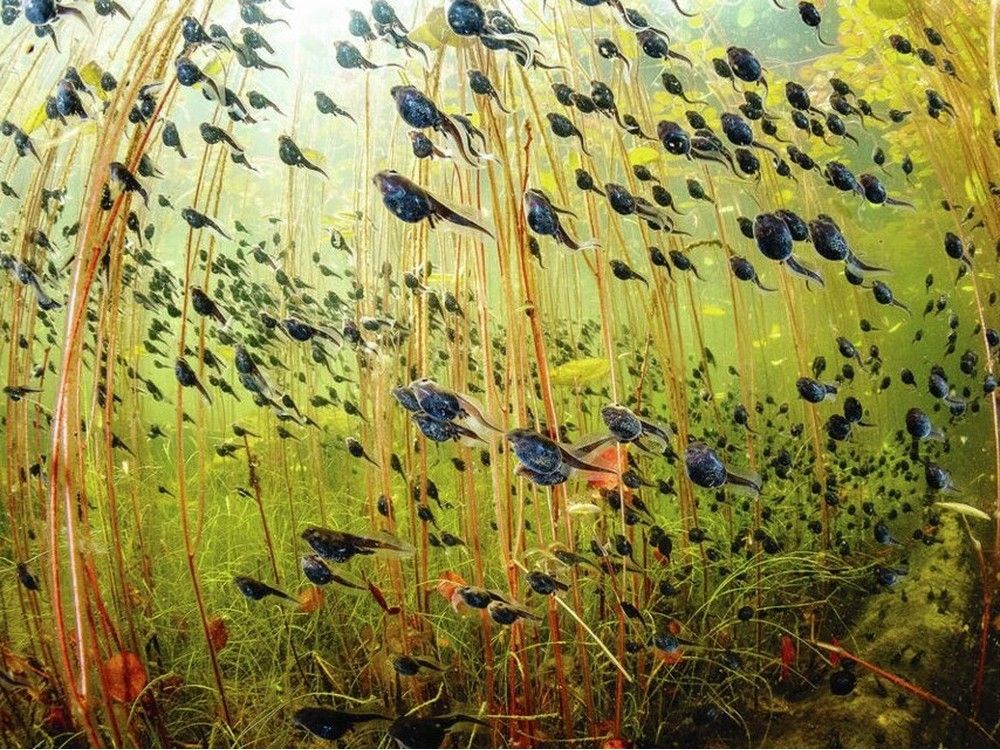
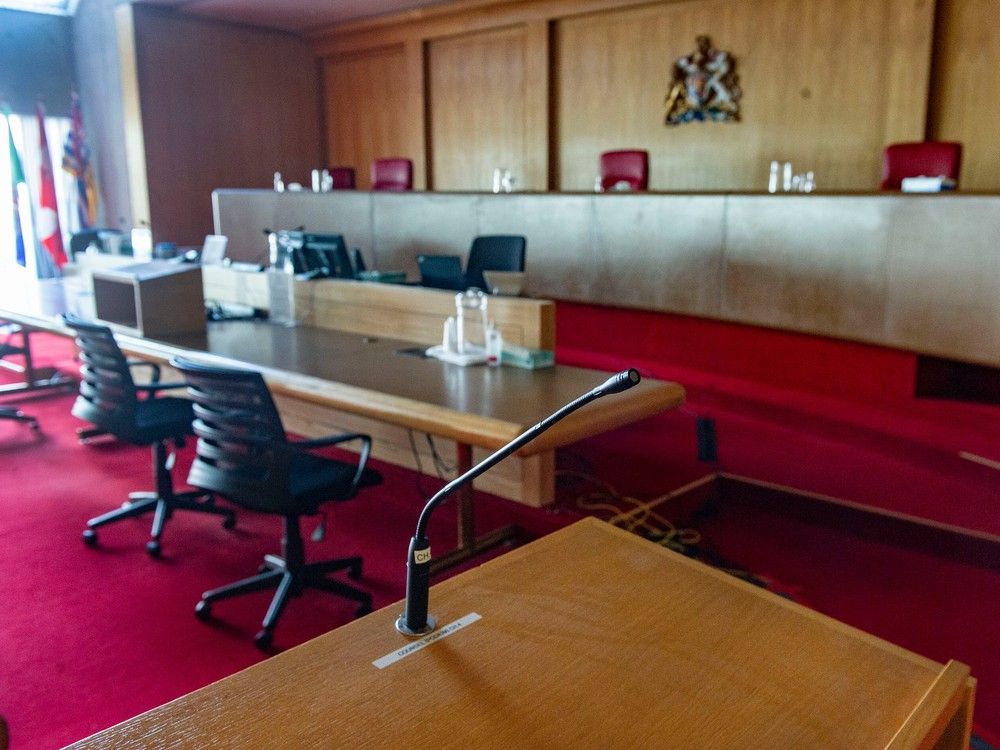
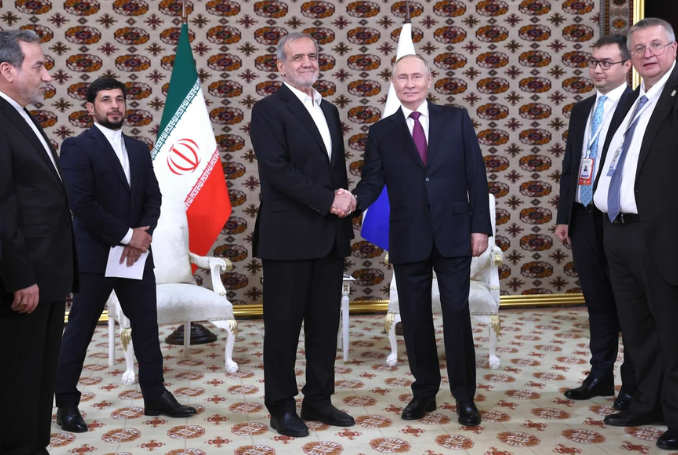
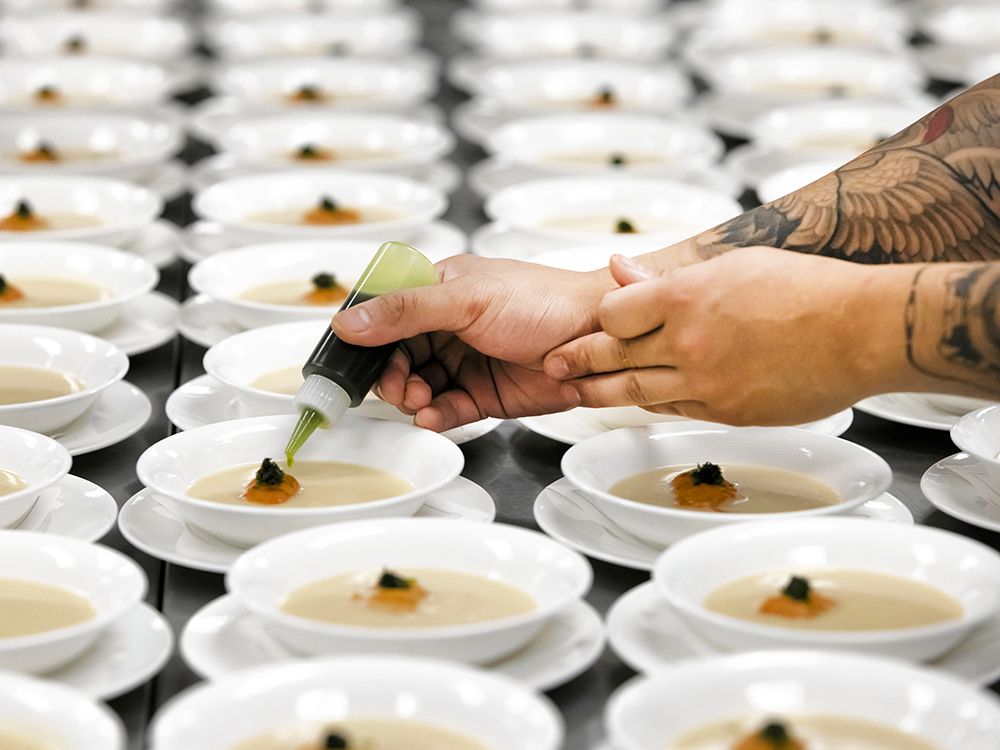

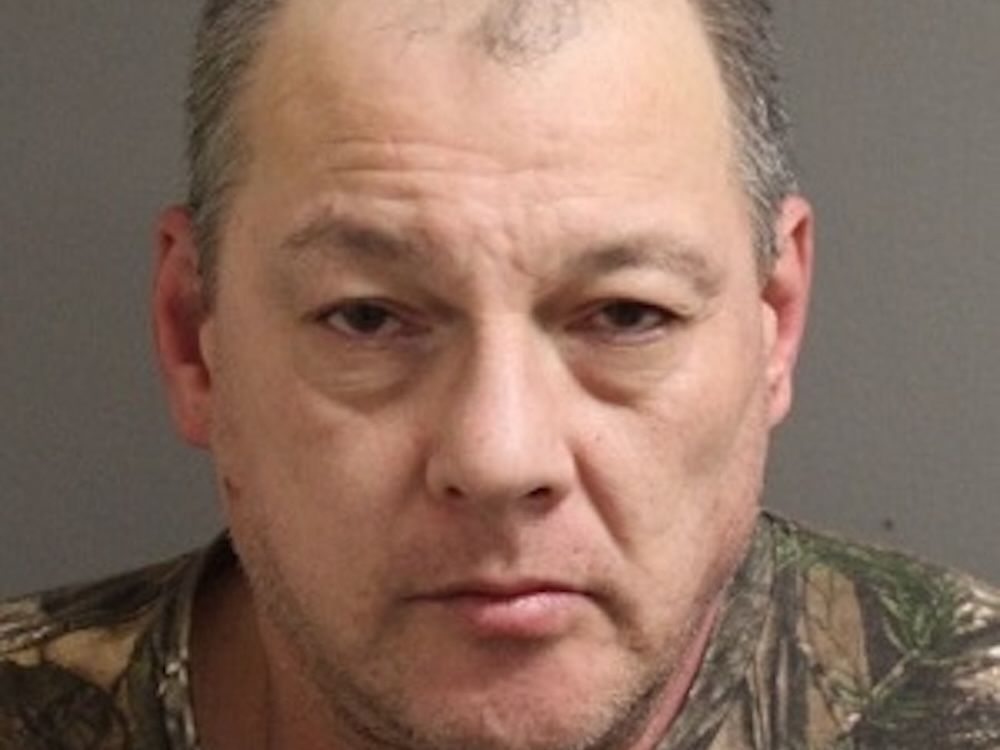
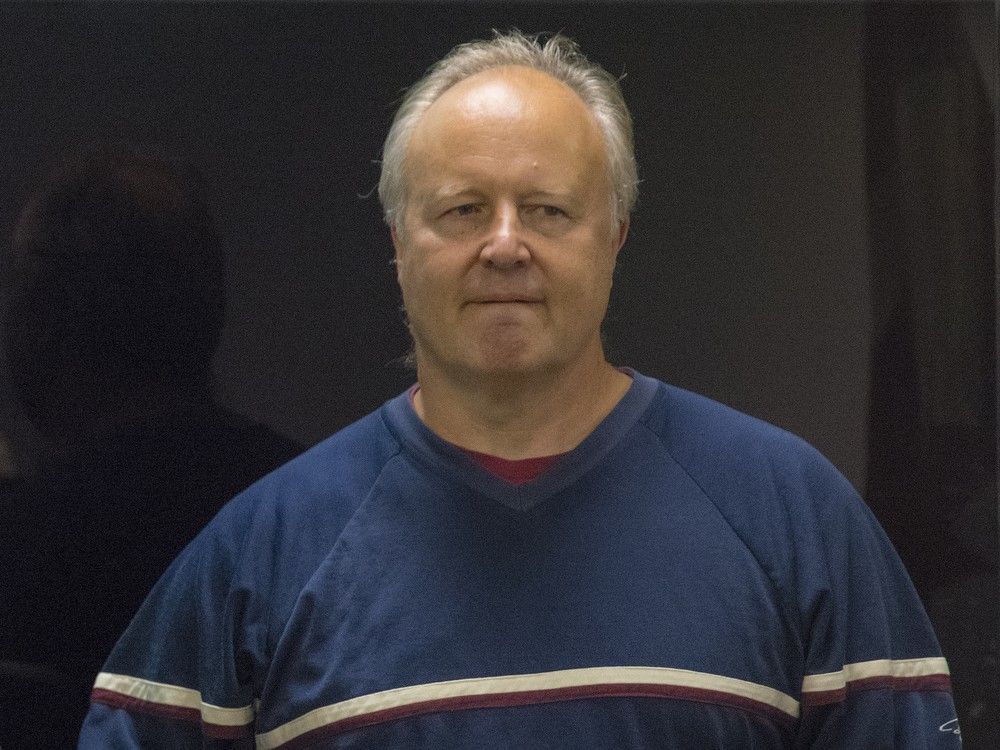


 Bengali (BD) ·
Bengali (BD) ·  English (US) ·
English (US) ·